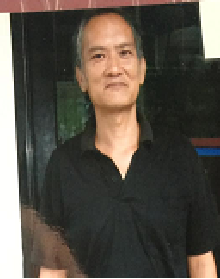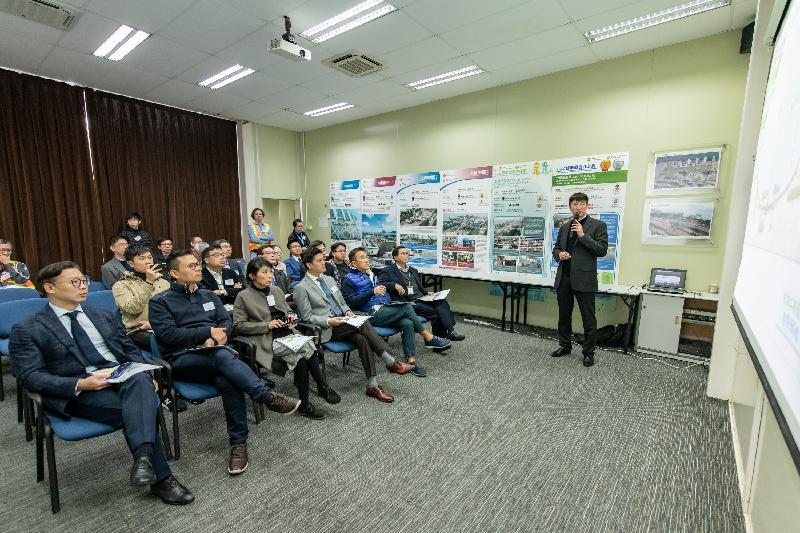Appeal for information on missing man in Lok Ma Chau (with photo)
Police today (January 4) appealed to the public for information on a man who went missing in Lok Ma Chau.
Lo Sun-wah, aged 58, went missing after he left a rehabilitation home on Ho Sheung Heung Pai Fung Road in Lok Ma Chau on December 20, 2018 afternoon. Staff of the rehabilitation home made a report to Police on the next day.
He is about 1.68 metres tall, 54 kilograms in weight and of medium build. He has a long face with yellow complexion and short straight grey hair. He was last seen wearing a black shirt, brown trousers, and black and white sports shoes.
Anyone who knows the whereabouts of the missing man or may have seen him is urged to contact the Regional Missing Person Unit of New Territories North on 3661 3127 or 6273 5787, or email to rmpu-ntn-1@police.gov.hk, or contact any police station.



